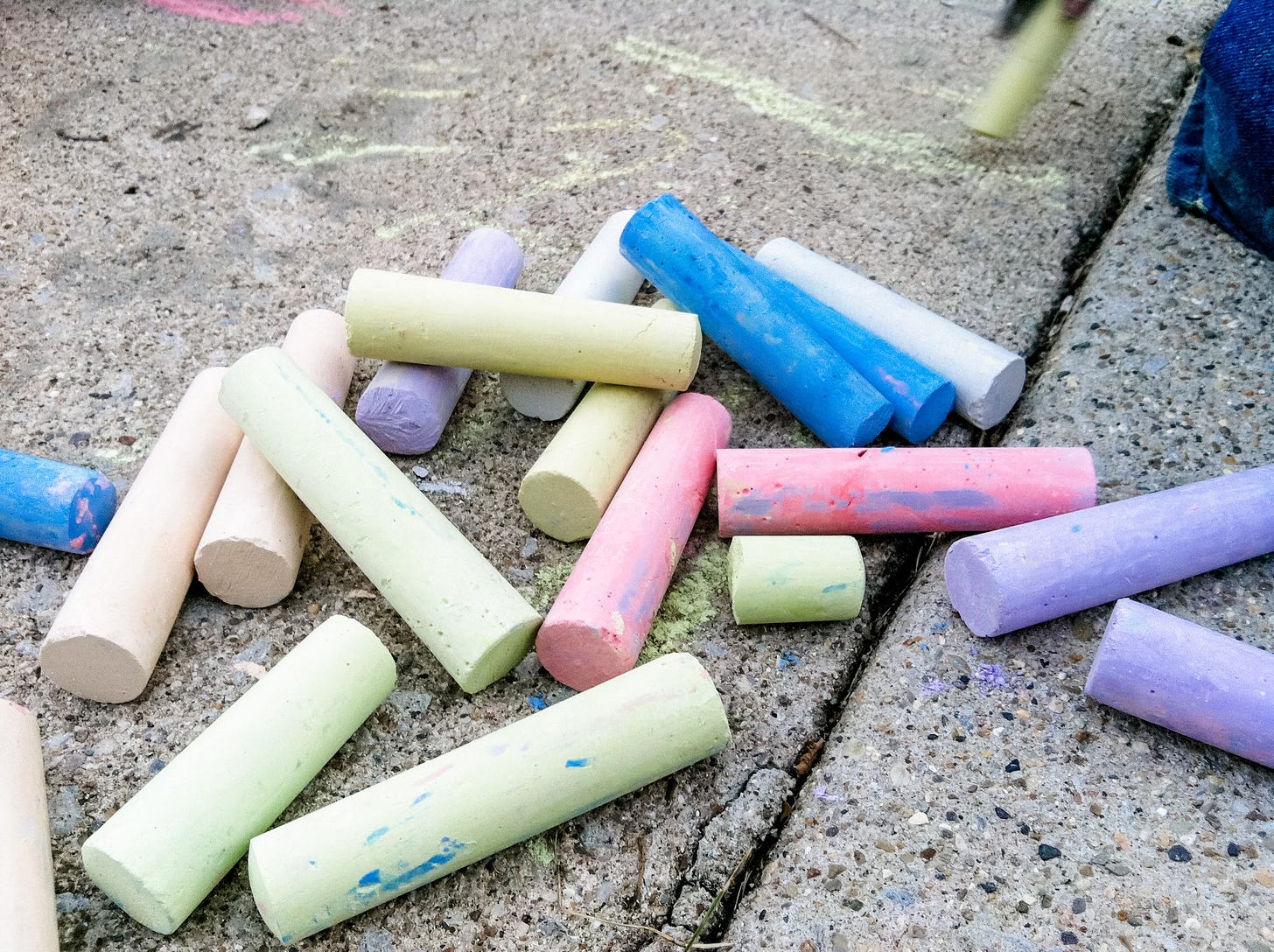On Being a CASA Volunteer
Originally written in October 2011, and reposted on the National CASA Blog in November, 2011. Highlighting one of the most meaningful things I've engaged in.
[Editor’s note: This was written 14 years ago. While I’m not currently an active CASA advocate, it’s something I’ve been thinking about returning to. Stumbling across this piece while looking for something else reminded me how much I valued that opportunity.]
“you asked me what I want this year,
and I try to make this kind and clear,
just a chance that maybe we’ll find better days”
”Better Days” – Goo Goo Dolls
Can you identify the most important thing in your life? The thing that inspires you, that lights you up inside? The thing that you’d fight for, that you’d risk it all for?
I can.
For me, it’s being a CASA volunteer.
Let me tell you something you probably don’t expect: I’m 25 years old.
When I first learned about the incredible work that CASA does, I was just a freshman in college. I joined a social fraternity, Kappa Alpha Theta, which supports National CASA and local CASA programs as part of their national philanthropy. For four years, I raised money and awareness on campus and in the community to prevent child abuse and neglect. All the while, I knew that I had to wait, wait until I was old enough to become an advocate myself.
After graduating, I contacted my local CASA chapter. During my interview, the volunteer coordinator said something that I’ll never forget: “Training begins in two weeks. You’re welcome to join, but you’ll need to prove me wrong. Too many people your age start with a bang, but they disappear when it becomes too serious, too much work, too real.”
I was going to be the exception.
As the youngest one in my training class of 18, I felt little. My heart skipped a lot during those six weeks. I questioned my strength, my perseverance and my ability to handle the emotional challenges of being an advocate.
But more than nerves or fear, I felt something else; a driving force that made me know I was in exactly the right place. I’ve been an active CASA volunteer for 2 ½ years now, and the most important thing I’ve learned is something they can’t explain in training. It’s something you understand when you meet your CASA kids. Once you begin to build a relationship with children whose lives are so broken, you realize that our greatest responsibility as advocates is to hear the things that cannot be said.
As CASA volunteers, we get the incredible opportunity to see more of a whole picture than anyone else in their lives: by visiting our CASA kids at home, at school, in daycare, and in supervised visits; by checking in with their foster parents, their biological parents, their caseworkers, their doctors and their therapists; by watching, by listening and by paying attention. They’re often too young to report their fears, their dreams or the obstacles that stand in their way.
That’s our job. R
ight now, today, this is what we can do.
Being a CASA volunteer is one of the most uniquely challenging things I’ve ever done. But it’s also the most exhilarating, amazing thing. It’s the thing that makes me most believe in the greater good, in giving back, in going above and beyond. It has changed me in my core, in the way I see people, and parents, children and circumstances. It has changed the way I look at the future.
In March of this year, I received a full scholarship from my CASA program in Lake County, IL, to attend the National CASA Conference in Chicago. That week, I felt empowered, inspired and motivated. I found a renewed passion and a much greater understanding of why we do what we do as advocates. One of the most meaningful moments for me, though, came when the woman who interviewed me nearly 2 years ago pulled me aside and told me, “You’re here because you define the heart and soul of a CASA volunteer. You’re here because you proved me wrong.”
This August, I was accepted into graduate school. I was heartbroken to be moving out of state, but I was determined to stay involved with my CASA kids. Thankfully, because of my program’s support and with the help of my CASA partner (who still lives near our CASA kids), I can continue to advocate on my case. I connect on the phone with them every couple of weeks, and I send letters and photos to them from my school.
I hope that, by staying in touch with them as long as their case is still ongoing, I can teach them about permanency – that I care about what happens to them, even though they don’t see me all of the time. That I am always thinking of them.
That more than anything, I believe in them.
—
Today, in 2025, as a mother who has had her own child and who has watched friends serve dutifully as foster parents, I continue to be amazed by the incredible deficit in child advocates that exist in our community and in communities around the country. If you’ve never heard about CASA, I encourage you to look them up.
See if you find yourself called to become the voice of a child.
It’s really powerful work.







Thanks for sharing this, Amanda. This organization speaks to me, too. Being a voice for the voiceless. Btw the Goo goo dolls are from Buffalo, NY - my hometown.